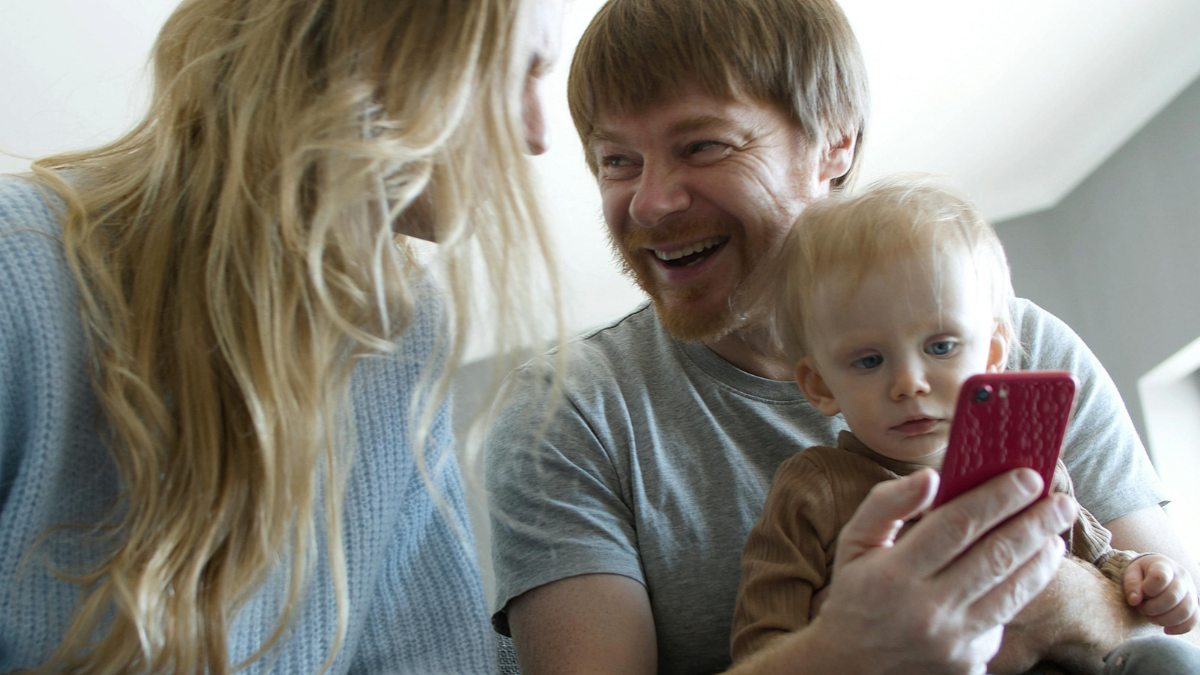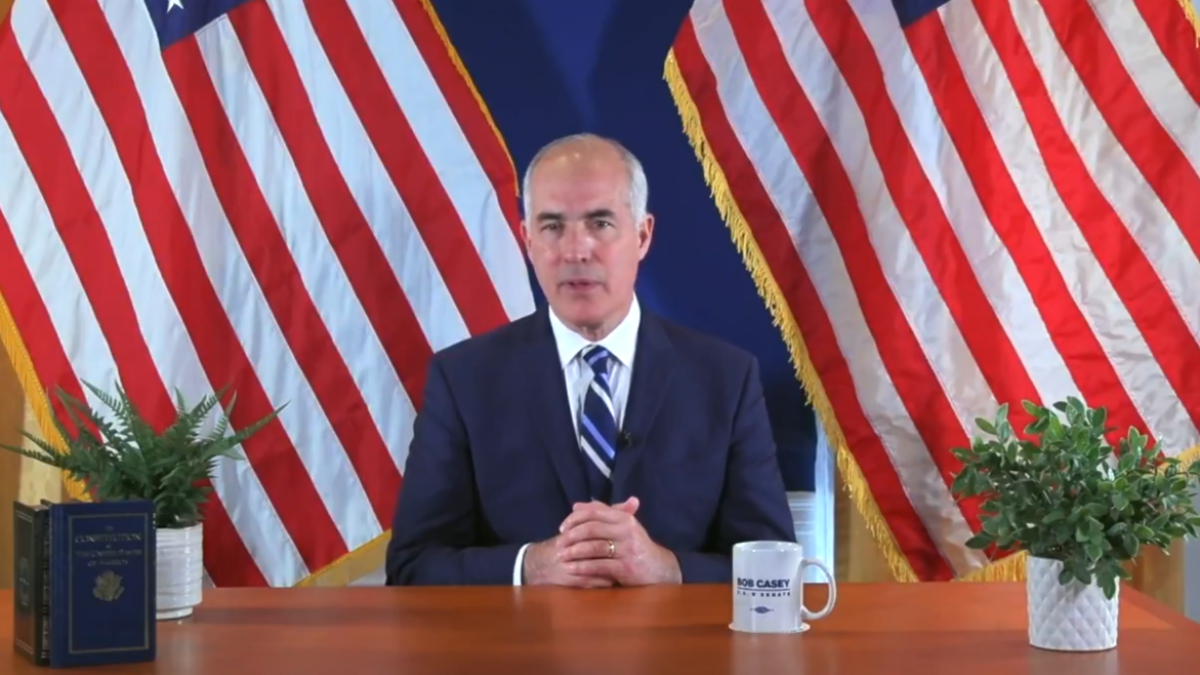
Last week many pro-life and pro-adoption conservatives were surprised when the GOP introduced a tax reform bill that would have eliminated the adoption tax credit. After a loud protest from across the political aisles, the Senate included the tax credit in their version of the bill, and the GOP leadership on the House Ways and Means Committee added an amendment to re-instate the tax credit in their version.
Eliminating the tax credit would have directly and negatively impacted the pro-life movement, which works so hard to present alternatives to abortions and is a cornerstone of the GOP platform and conservative community. Before considering elimination of the tax credit, the GOP needs to fulfill its promises to the pro-life community that elected them. It should first eliminate Planned Parenthood funding, and reduce the amounts adopting families have to pay to government agencies to bring their children home.
About the Adoption Tax Credit
The adoption tax credit is non-refundable, and applies to expenses up to $13,570 per child. The amount of the credit allowed decreases at certain income levels. The average international or private domestic adoption costs around $30,000, often closer to $40,000. A large percentage of those adopting are middle-class families who apply for grants and raise funds to cover these costs.
According to some sources, the GOP’s tax plan would also have re-classified adoption grants from employers as taxable income. If accurate, not only would the GOP’s plan have eliminated the adoption tax credit, it would have increased the amount of money an adopting family lucky enough to get this benefit would be taxed on.
One family I know well has adopted eight children, both domestically and internationally. As their family grew, of course so did their living expenses. Kristy Schnabel told me this tax credit was a crucial part of their decision-making: “I can say very easily we would not have even considered international adoptions without knowing the tax credit would help ease the financial burden on our family.”
Eliminating this important feature that allows families, many of whom take in children with special needs, to recoup some costs and care for their new child would be devastating for orphaned children here and around the world.
Adoption Costs Can Be Eased in Other Ways
Among the costs for adopting families are hefty fees to U.S. government agencies. Recently, the fee for one form that many families use to apply for U.S. citizenship for their child jumped from $600 to nearly $1,200. Is this necessary? If we are going to talk about abolishing the adoption tax credit to making government more efficient and lean, let’s also take a good look at what adopting families have to pay government to perform a charitable act, and reduce waste and unnecessary bureaucracy to help them in other ways.
From a purely fiscal point of view, eliminating the credit doesn’t make sense, especially for adoptions from foster care. In the United States today, there are more than 100,000 children whose legal ties to their parents a court has already severed. These children are waiting to be adopted. Many of them are older, and time is short.
Governments do a terrible job of recruiting families for these children. Every year, around 25,000 of them age out of the system without a family to care for and support them, and the results are not good. The rates of unemployment, homelessness, and incarceration among this population is dramatically higher than that for peers with families. Often these young adults end up being the parents of children who go into the foster care system—and the cycle continues.
It has been estimated that for each child who ages out, local communities spend $300,000 on community services and public assistance over the course of their lives. Compare that to the cost of reducing the tax bill of a family who adopted a waiting child from foster care by several thousand dollars. Adoption is one way that upfront costs defray much higher long-term costs.
My husband and I are foster parents and part of a large adoption and foster care community. I’ve seen firsthand what happens when a 17-year-old in foster care turns 18 and is suddenly independently responsible for education, finding a source of income, transportation, and everything that comes with adulthood. They might have some resources they use for a short time, but with no one to walk them through enrolling in college or filling out a job application, teach them about day-to-day living expenses, give them a hug and tell them they are valuable, it is difficult to find stability and motivation. Each year a child waits, his or her chance of adoption drops. And the first concern I hear from families considering adoption is the cost.
It Shouldn’t Be So Expensive to Help a Child
While states often cover the costs for a foster family adopting children already in their care, a family who chooses to go straight to adopting a waiting child still pays thousands of dollars out of pocket. When my friends Daniel and Cherith Kennedy adopted two older children from another state, the federal adoption tax credit allowed Cherith to adjust her employment schedule so she could spend the time needed at home to help the children adjust to their new, healthy family and community.
During last year’s election, pro-life conservatives who felt they had to choose between two unsavory presidential candidates was a certainty that at least a Republican Congress and White House would enact some pro-life policies. Of course, Republicans’ repeated promise to defund Planned Parenthood was a rallying cry for many.
Fast-forward nine months after inauguration: the idea of defunding Planned Parenthood made a weak appearance tied to a health-care bill that was an abject failure in both policy and messaging. Planned Parenthood funding was continued through the budget process. And now we find ourselves here, having to fight against the idea of eliminating of one of the few U.S. policies that help make adoption feasible.
Because I favor limited government, I love the idea of reducing and streamlining our tax system. If Congress needs ideas for ways to cut spending and reduce taxes, I’ll bring the scissors. I understand the impetus to streamline the tax code. But considering axing the adoption tax credit while giving handouts to Planned Parenthood is a huge mistake. Since the pro-life party is in charge now, and we’ve been told they have the world’s best deal-maker on their team, why is the nation’s largest abortion provider still being paid money from families who are scrimping and saving to provide safe and loving homes for children?
As a foster parent, I look for opportunities when pro-abortion apologists assert that “Pro-lifers only care about the baby before it’s born.” Telling them about my family has helped soften some hearts and change some minds. In a time when the pro-life movement is finally taking a more comprehensive approach and learning how to reach our culture, it’s incredibly disheartening to feel like we are taking steps backward and reinforcing the old narrative. The fact that pro-life politicians either could not anticipate this—or maybe just don’t care that much—concerns me.









